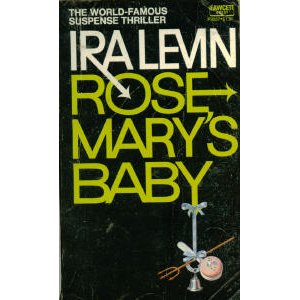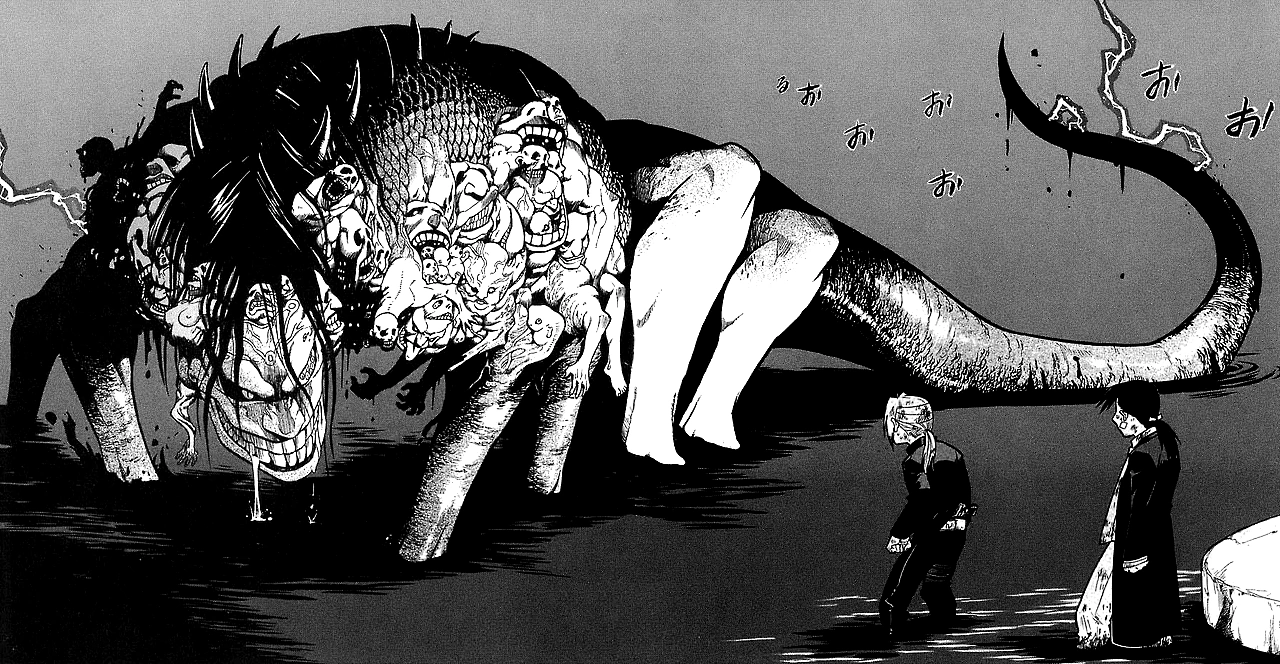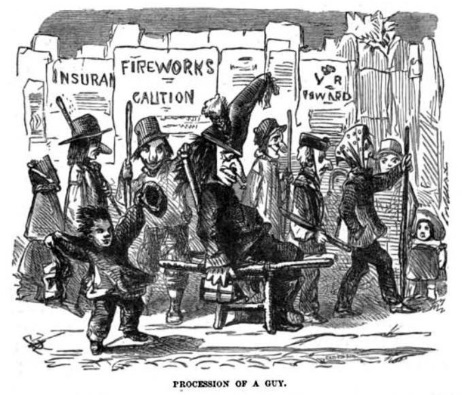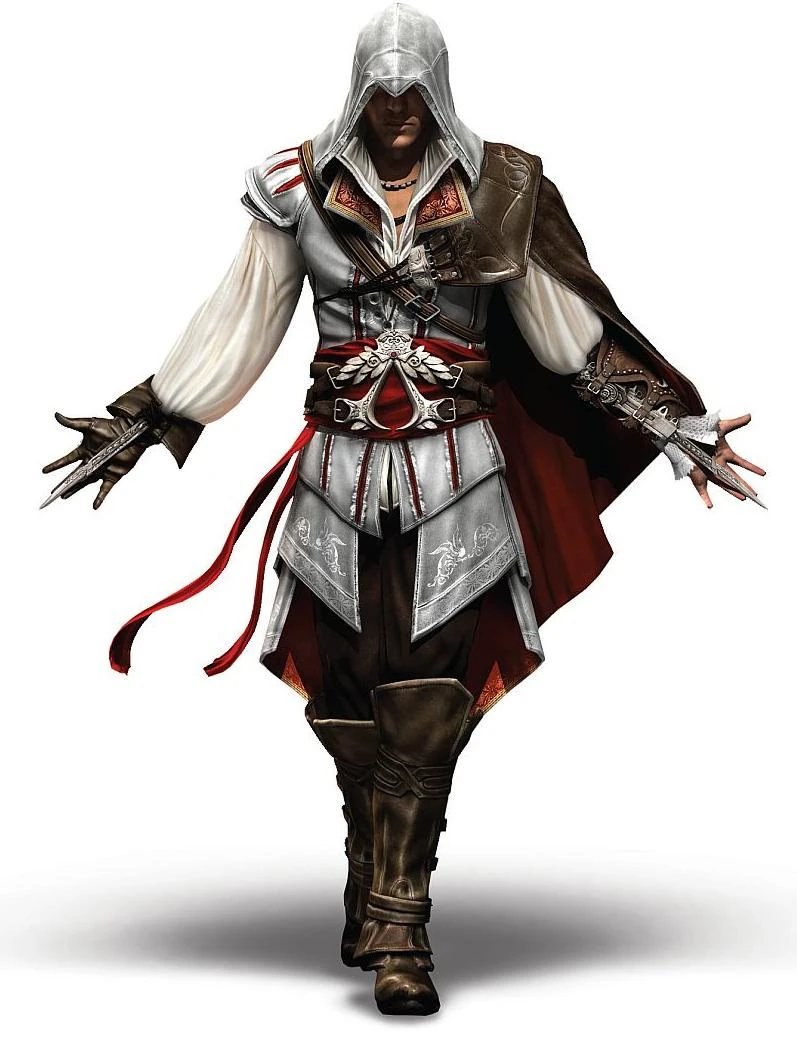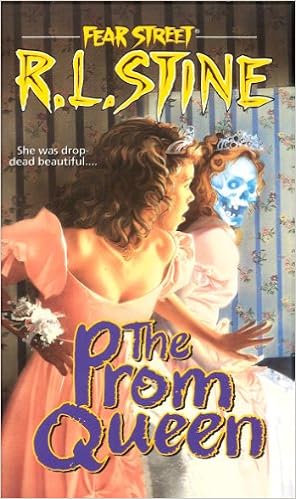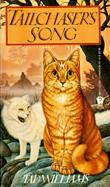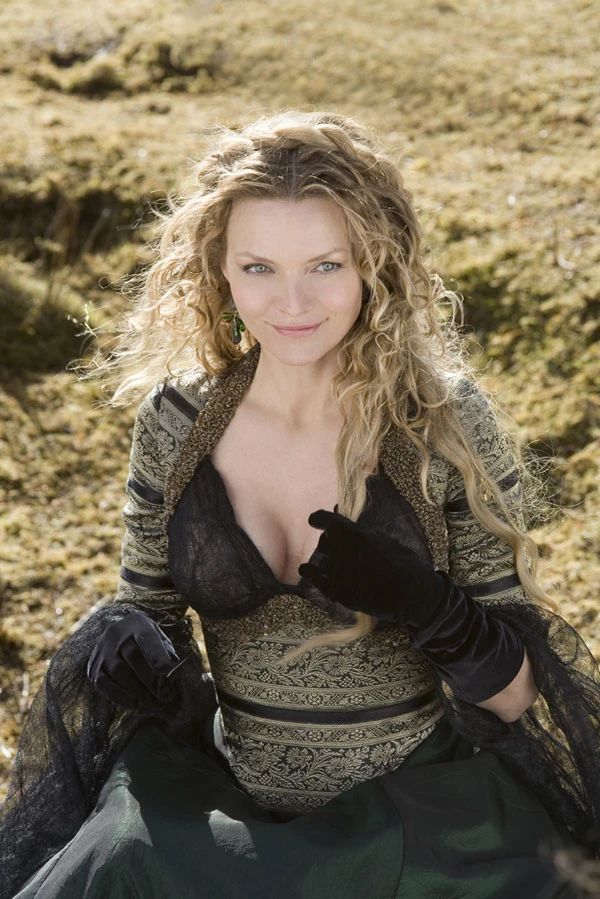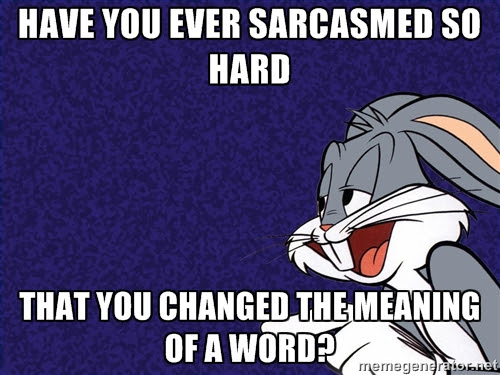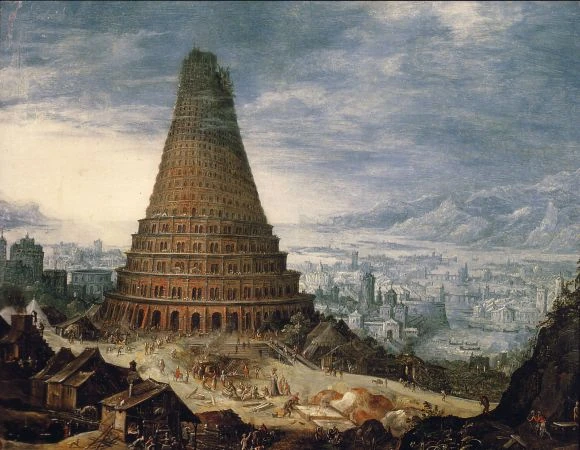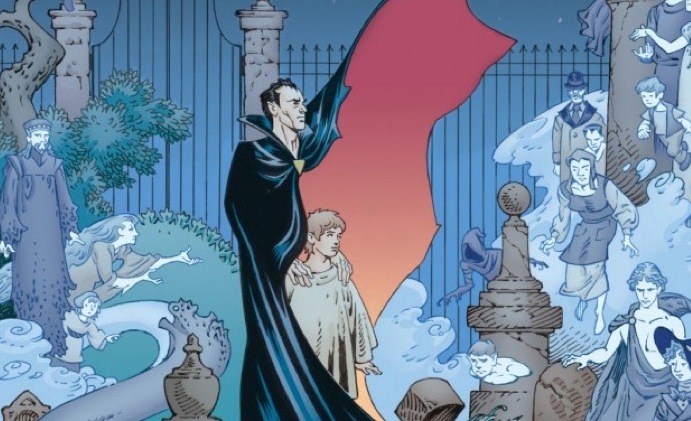Have a look at the first chapter from my upcoming sci-fantasy novel Making Time!
The smell of
death soon became unbearable. It seeped into every corner of the Heyday,
past closed doors, weaving around the walls, the floor, and the furniture until
you could taste it, roll it around on your tongue. Rancid. Rusty. Guilty.
Strangely
though, death didn’t come from the corpse hidden in the small bedroom at the
end of the hall. No, Tristan Cross’s body wasn’t at fault; it was encased in
glass, untouched by the passing of time. A zig-zag of stitches held together his
shattered skull.
He was dead and
gone, so the rancid, rusty, guilty flavor that filled the ship with rot and
unease couldn’t come from him.
It’s coming
from me.
Robert stared blankly
at the light screen in front of him, his hands cupped around an empty whiskey
glass. He’d been sitting there for almost an hour, looking without seeing, still
as a rock while his mind buzzed with overlapping thoughts.
I had the power
to stop this from happening. It’s not too late. I can still set things right. But… I’m an idiot. I should stop wasting my time. But I owe it to Time.
I have to regain her trust in me. Do I really think I can undo death? Of course
I can. It won’t be easy, but I’ll manage. I already told myself that before.
And I failed. That time was different. Tristan’s soul is in the Repository. All
I have to do is go in there and pull it out.
“He is dead. Leave him be and move on.”
The voice
jolted Robert. For the first time in the better part of an hour, he scanned his
surroundings. He hadn’t turned on the flaring overheads in the command room, so
the only light that shone was the emergency pilot over the door and the dim
blue of the screen in front of him.
Darkness was
best for giving a voice to inner thoughts, but this darkness was made up of
broken shadows and voices that didn’t belong to Robert. As he watched, a shadow
detached itself from the rest. With as much noise as a feather fluttering to
the floor, the shadow leapt onto the empty acceleration couch beside him and
squatted there, smiling.
It had no eyes.
Damned creature. Robert turned
away from the specter and reached for the bottle of Green Goose he’d left on
the command console.
“Still not speaking to me, I see.” The
creature’s voice rubbed against Robert’s flesh like sandpaper.
He cast it a
sidelong glance while he poured. The specter perched on the armrest like some
form of grotesque monkey. Its arms dangled by its sides, almost long enough to
graze the floor. A silver thread fell loosely from its mouth. Robert found his
eyes following the thread, even though he already knew what was on the other
end: himself.
He and this
nightmare had been bound together since the afternoon Tristan died and the pack
of specters rushed into the cemetery. Only two had come looking for Robert—a
dozen for Eneld. But Eneld had been so shielded in his own shock and grief that
he couldn’t see the specters surrounding him while he clutched his dying
brother. He couldn’t hear them beckoning, so their ghostly claws slid right off
him.
No, Robert told himself as he sipped the whiskey. That’s not entirely
true. Eneld heard some of their promises. He just protected himself better than
me.
That made it
all the worse. Why me and not him? Robert ended up with a new companion,
a shadow by his side to poke fingers in his mind and dissect his thoughts.
The specter
would die; Robert was sure of that. He would find a way to weaken it until he
could pull out the thread without harming himself, and that began by starving
it of his attention.
He tilted back
the glass and drank it dry. The muscles in his shoulders loosened.
The specter
clacked its tongue. “I can read your
mind, you know.” It cocked its head in a playful gesture. “There is nothing you can hide from me.”
It was lying,
as usual. It could catch a thought floating in the air every now and then, but
it was far from reading his mind.
“Your silence is futile…” it said in a
singsong tone. “You will talk to me
eventually. And oh, what chit-chat we will have!” It leaned forward. “You should tell the boy some problems cannot
be solved. His brother got what he deserved. Now have him go his merry way.”
The specter
paused. Robert glanced at it.
Two swirls
formed on its face until it stared back at Robert through round yellow eyes. “Or you can make sure the boy never bothers
you again…” It huffed excitedly and did a little bounce. “He is on Time’s plane as I speak…but he left
something behind…”
Robert frowned.
For a moment, he couldn’t understand what the creature was insinuating. It
couldn’t be what he suspected.
The truth was
Robert had hidden two bodies on board the Heyday: Tristan, who was dead
and frozen in time, and Eneld, who was very much alive and coping with his
grief on Time’s plane. Mortal bodies could not travel to higher astral planes,
so Eneld had left his behind until the Heyday reached its destination.
The specter
knew an empty body was a helpless body…
No. No. Robert cut
off the thought chain before reaching the final links.
“Do not ignore me!” The specter
growled and before Robert could do anything, it plunged its fist into the light
screen. Its claws moved swiftly, scrambling and rearranging several symbols on
the display.
A dull twang
echoed across the Heyday, like the hesitant first note of a harp.
According to
the information flashing on the screen, Time once more flowed over Tristan’s
body.
“Master,” the specter muttered as it sat back, “he is nothing more than a corpse. Let him
rot. Call it a system malfunction.” It grinned, and Robert caught a
glimpse of the endless rows of tiny sharp teeth lining its mouth.
Clever little
bastard, Robert mused as a grim smirk tugged at his lips. He hadn’t expected the
shadow to know how to work the commands on the light screen.
The little
trick wouldn’t last, though. For very brief periods—and on very specific
targets—Robert had found a way to make time stop, at least until the buildup
became too much and time overflowed. Strangely, he’d also discovered that the
method worked the other way around: if time had stopped flowing, Robert could
awaken small parts of it and create an illusion, at least for a few minutes
until the effects fizzled out and died.
It was a trick
that crept along the fringe of the goddess Time herself; something even she
hadn’t noticed—yet. It was a trick Robert was still practicing, and he had no
intention of showing it to Eneld.
I’m already
teaching him enough.
But the specter
had somehow known. Curiosity burned in Robert, though he wouldn’t quench it by
speaking to that beast.
A blunt, cool
claw drew a long chill down the back of Robert’s neck. He swerved toward the
specter, ready to beat it for daring to touch him. However, the specter had its
back turned. Gripping the couch, it bristled and snarled while it stared into
the darkened corridor leading to the bedrooms.
“Master, we are not alone.”
Without
hesitating, Robert stood and marched down the hall.
The specter
scampered after him. “What are you
doing, Master?”
His footsteps
rang with determination.
“What are you going to do?”
Robert wanted
to wheel around and yell at it to shut up for once, to let him think, to let
him hear, to let him feel what the hell had crawled onto his ship. Instead, he
bit his tongue and plunged into the shadows of Tristan’s bedroom.
He stood over
Tristan’s transparent casket and stared at his corpse. The faint reflection of
the emergency light over the door drew spirals on the glass.
The corners of
Robert’s mouth dropped into a frown. The swirls on the casket played with each
other.
“Come out.” He
waited, but nothing happened. He held his hands over the glass. “I order you to
come out.”
It was cold on
the Heyday, and Robert could feel heat radiating from his skin. He
rubbed the back of his hand against his forehead. He was warm, almost feverish.
Not a good sign. “I am Robert the demon master. I order you to abandon this
body.”
A shiver rushed
through Tristan’s body, and Robert almost took a step back.
“Show yourself
to me,” he said in a louder voice, his feet firmly grounded.
A long, thin
trail of black smoke rose from Tristan’s mouth.
The specter
next to Robert twitched and hissed. “Master…
Did you know he also had a companion?”
Robert
swallowed. I suspected something…
The smoke
gathered above the casket and settled until a specter formed. However, it was
very different from Robert’s specter; this one looked beaten and worn, thin as
a twig, its darkness so dim it was almost transparent. Splotches of light gray
covered its body, making it look like a tattered old rag about to fall to
pieces. It crouched on the glass over Tristan’s corpse, leaning forward and
panting.
“You called?”
Its voice sounded like a dry cough, like the voice of a man who hadn’t spoken
in years.
This is what
starvation looks like, Robert realized. He lifted his chin. “You’re inhabiting
an empty body.”
“I know you,”
the specter said in its broken voice. “We met before.” A large yellow
eye formed in the center of its face as it studied Robert, then the eye
shifted, rolled down to one side and focused on the shadow linked to him. “You
already have a companion.”
The creature at
Robert’s feet growled and paced back and forth.
“You will
leave,” Robert said to Tristan’s specter. “There is nothing for you here.”
“Give me his
body.”
Robert
stiffened.
The specter
leaned over the edge of the casket. “I know you… I know you can do it.”



